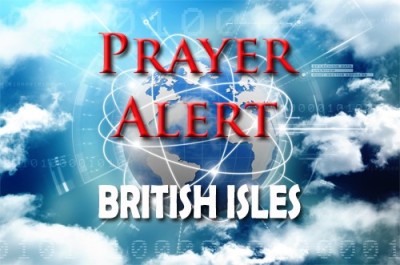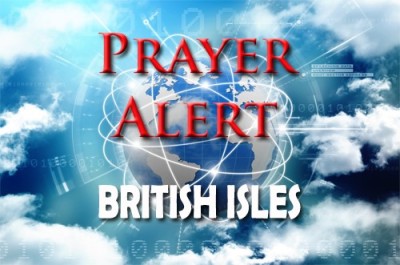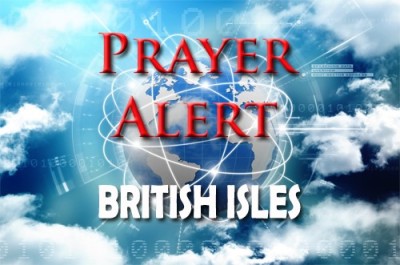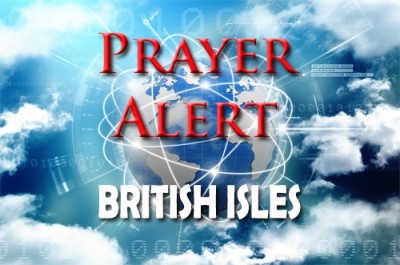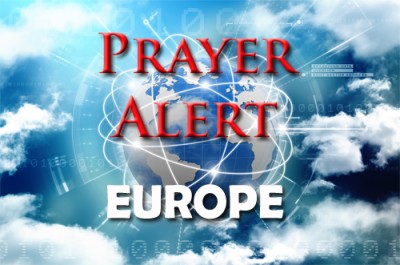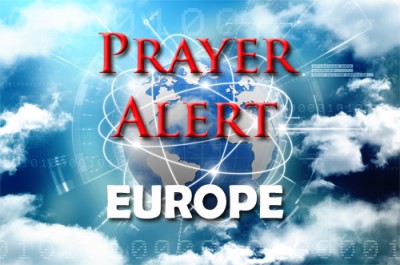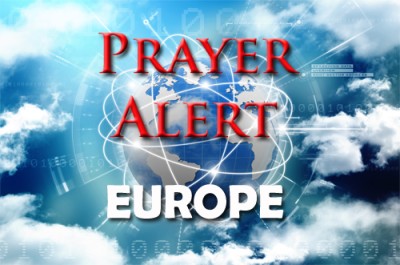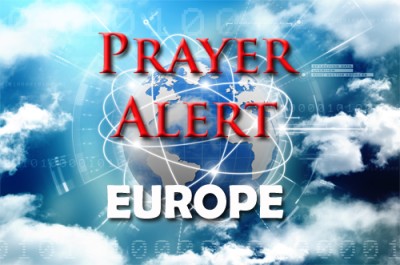Comedy show cancelled over gender views
17 Aug 2023A comedy show in Edinburgh featuring the Father Ted writer and comedian Graham Linehan has been cancelled. The venue pulled the gig because it did not support the comedian’s views, which did not align with their overall values. Linehan has been an outspoken critic of transgender self-identification. He urged the venue to reconsider its decision and suggested the cancellation might be unlawful. He has responded on X, formerly Twitter, by challenging the venue to explain which of his views it found offensive. He posted, ‘It sounds like discrimination on the grounds of my legally protected beliefs.’ The organisers of his gig are looking for an alternative venue. Earlier this year another Edinburgh venue cancelled a scheduled festival appearance by SNP MP Joanna Cherry because staff were not comfortable with her views on transgender issues. However, they later apologised, admitting the cancellation was unlawful discrimination against Ms Cherry.
Safeguarding in the Church of England
17 Aug 2023On 16 August the Future of Church Safeguarding Programme was set up to recommend a model for fully independent safeguarding within the Church of England. Operating independently, it is led by Professor Alexis Jay OBE with her chosen team which excludes anyone employed or previously employed by the Church. Support is provided by Crest Advisory (providing specialist independent support in justice and public safety), and no meetings or business will be conducted on church premises. The team will gather a range of views from survivors of abuse, clergy, church staff, church volunteers, and members of the public to better understand what needs to be improved and what is working well in church safeguarding processes. Respondents can share their views through an online survey or be interviewed in-person up to 31 October. It will be published by 31 December.
A-level clearing chaos
17 Aug 2023The Department for Education confirmed that the drop of top A-level grades by nearly 10% from last year is the biggest ever, causing chaos for those hoping to secure a university place. 19,000 students who were not accepted scrambled for clearing places, causing the UCAS website to crash. Welsh and Northern Ireland A-level students were given advance information about topics to expect in their exam papers. English students were not given the same support. Ofqual said it built protection into the English grading process because of the disruption that students had faced. This should have enabled students to get the grades they would have received before the pandemic even if the quality of their work was a bit weaker due to disruption. The Association of School and College Leaders said the ‘sharp fall’ in high A-level results was because the grading system was adjusted. Pray for the fearful and disappointed students who have not secured their first choice of university or college.
Captain Tom charity faces more scrutiny
17 Aug 2023Following a watchdog review of the charity’s accounts, the Captain Tom Foundation faces renewed scrutiny over reports that its co-founder Hannah Ingram-Moore received thousands of pounds for judging a Virgin Media O2 awards ceremony featuring foundation. She was the £85,000-a-year CEO of the foundation, but did not seek its board approval before entering into a commercial agreement with Virgin Media O2. Her appearance fee was paid into a private company which she and her husband owned. After a series of controversies, the Captain Tom Foundation stopped taking donations earlier this year. Its 2022 accounts recorded it giving out £160,000 of over £1m it raised. There have been ongoing investigations regarding conflicts of interest between the charity and businesses owned by the Ingram-Moores, as well as concerns over mismanagement and compliance with charity law.
Ukraine: corruption = high treason
17 Aug 2023Thirty conscription officials in Ukraine have been accused of taking cash and cryptocurrency bribes to smuggle people out of the country. All men over the age of 18 capable of fighting are eligible to be conscripted, and most adult men under the age of 60 are prohibited from leaving the country. Mr Zelensky posted a video on social media saying, ‘Conscription officials who took bribes and smuggled people out of the country have been sacked in an anti-corruption purge. Bribery at a time of war is high treason’. The president's office said that the corruption allegations pose a threat to Ukraine's national security and undermine confidence in state institutions. Replacement officials will be chosen from candidates with battlefield experience and vetted by the intelligence service.
Russia: prisoner recruits commit new crimes
17 Aug 2023Demyan Kevorkyan, a prisoner released early to fight with Wagner mercenaries is accused of a double murder after returning home from the war. He was arrested for killing a young man and woman on their way home from work. He is not the only convict who was freed early to fight and then reoffended. It is confirmed that suspects in about twenty serious offences, including rape and murder, are fighters recruited from prison by Wagner to fight in Ukraine. Kevorkyan was one of 150 prisoners recruited on 31 August 2022, and was later spotted back in his home village of Pridorozhnaya in south-west Russia telling people he had just returned from the battlefields of Ukraine.
Ukraine: trade land for peace?
17 Aug 2023At a meeting in Norway where NATO alliance members were discussing how the 18-month-old war might be brought to an end, Stian Jenssen, chief of staff to NATO’s secretary general, said, ‘I think a solution could be for Ukraine to give up territory, and get NATO membership in return.’ Jenssen noted that discussions about Ukraine’s postwar status were continuing in diplomatic circles. Jenssen was careful to stress that he was simply airing an idea and that ‘it must be up to Ukraine to decide when and on what terms they want to negotiate’, reflecting NATO’s position that no peace settlement should be agreed without Ukraine’s assent. Kyiv said a land-for-NATO deal would reward Russian aggression.
Lithuania: change needed
17 Aug 2023Freedom has brought good progress in Lithuania. Doors for the gospel remain open. However, freedom has also brought dangers like greed for material goods, selfish pleasure-seeking, and a belief that traditional morals have no value. Substance abuse, suicide, and trafficking of women for prostitution all damage the social foundations. Spiritual transformation must accompany economic growth. Lithuania was the last European nation to be Christianised.
